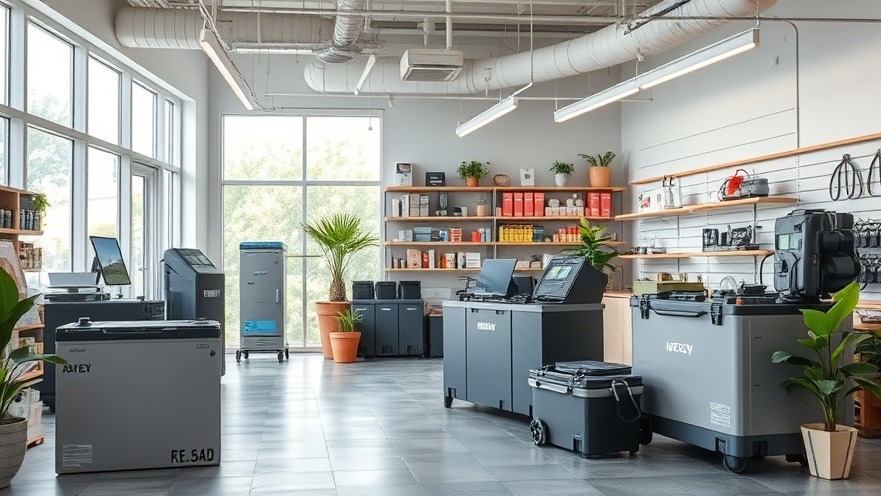
Creating a Conscious Move: Sustainable Choices for College
For many students, college offers the perfect opportunity to develop lifelong, sustainable habits. The impact of student living extends far beyond the classroom, influencing the environment and the future. By making eco-conscious choices, you can significantly reduce your carbon footprint while often saving money. Here’s how to ensure that your college experience is both successful and sustainable, particularly as you embark on your move-in day.
Empowering Your Move with Reusables
Before heading to campus, consider stocking up on reusable alternatives that will serve you throughout your college years. Every student needs essentials such as reusable water bottles—opt for both an insulated version for hot drinks and a lighter one for everyday use. Don’t underestimate the power of a travel coffee or tea mug. Along with these, having a set of reusable utensils and cloth napkins adds to your sustainable toolkit.
To stop single-use items from piling up, add some lesser-known reusables to your packing list. Think dryer balls for laundry, rechargeable batteries, refillable pens, and reusable cleaning cloths. For grocery shopping, bring along produce bags and a cooler bag. Coffee aficionados can ditch the pods for a French press, offering a delicious brew without the waste and excess.
Smart Electronics: Energy-Efficient Living
In the pursuit of sustainable living, your electronics deserve careful consideration as well. When selecting dorm appliances, prioritize ENERGY STAR-labeled products, particularly for minis like fridges and microwaves. Remember to switch to LED bulbs for all lighting needs, as they consume less energy and last much longer.
Don’t forget about the notorious "vampire loads"—the energy drawn from devices in standby mode. Combat this by using smart power strips that cut power when devices aren't in use. If possible, choose refurbished electronics over brand-new options, as they offer functionality with a greatly reduced environmental impact.
Eco-Friendly Packing Strategies
Moving to college can generate excessive waste, but thoughtful planning can dramatically curb your environmental footprint. Start by using suitcases, bins, and crates that double as storage in your dorm. Let’s retire the single-use plastic bags—only utilize them if there’s a specified plan to reuse them. Wrap fragile items in your clothes, towels, or linens instead of using harmful bubble wrap.
If you require additional packing materials, consider newspapers and paper ads, which are highly recyclable. Renting moving supplies from eco-friendly companies, like Big Green Moving Boxes, helps eliminate cardboard waste. Embracing these methods can not only lessen waste but can also teach essential sustainability practices in college.
Navigating Move-In Day with Purpose
Preparation is key for a sustainable move-in day. Research your campus beforehand to know where you’re going and what the recycling system looks like. Familiarizing yourself with the recycling facilities will ensure that your process is as eco-friendly as possible. Incorporating this knowledge creates a sense of purpose in every detail of your move.
Building a Foundation for Future Sustainability
Moving into a dorm or apartment doesn’t just mark the start of your college experience; it also inspires a new chapter of sustainable living. By making conscious decisions surrounding your living space, you lay the groundwork for a life committed to zero-waste practices and energy efficiency. Remember, these practices can translate seamlessly into your future endeavors, especially for those in the hospitality space, where sustainability is becoming a key differentiator.
As you begin your college journey, consider how your choices today set the tone for your lifestyle tomorrow. Embracing sustainable habits isn’t just beneficial for the planet; it’s a powerful and fulfilling way to navigate your time as a student. Every eco-friendly act contributes to a larger narrative of global responsibility and personal empowerment.
Take your commitment to sustainability a step further by sharing your journey with peers and potential guests you may host in the future. Whether in a conversation or through social media channels, inspiring others to adopt eco-friendly habits can lead to a ripple effect of positive change.
 Add Row
Add Row  Add
Add 




Write A Comment